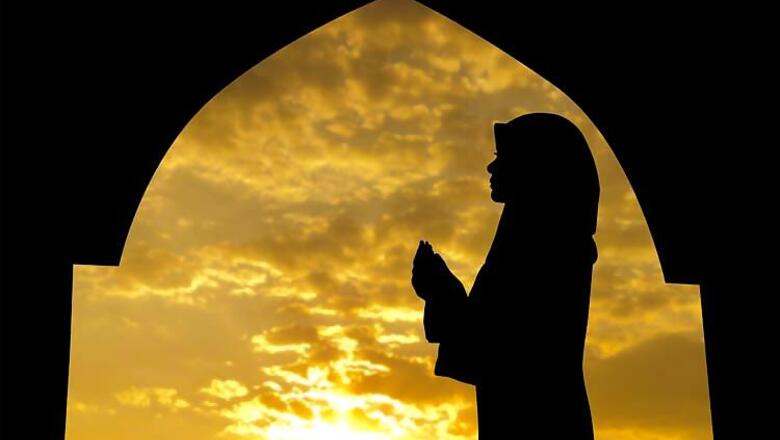
views
National Commission for Women has demanded a ban on instantaneous triple talaq or talaq-e-bidat and polygamy in its affidavit to Supreme Court on the grounds that these practices are against the rights of Muslim women.
"Triple talaq (talaq-e-bidat), nikah halala and polygamy are unconstitutional because they compromise the rights of Muslim Women (or of women who are married into the Muslim community) to their disadvantage, which is detrimental to them and their children. Therefore, these practices should be strictly prohibited," reads the affidavit.
The affidavit also adds that the Commission supports the stand taken by the Centre in the Supreme Court last month.
"The National Commission is herein supporting the stand taken by the Union of India and is adapting the affidavit filed by them."
The NCW says that its submission before the court comes in the backdrop of several complaints made to it by aggrieved Muslim women.
"The Commission is partaking of a large number of cases relating to women who have been at the receiving end of the practice of unilateral talaq."
NCW is a respondent in a case in SC on triple talaq and submitted its affidavit last Saturday.
The Centre in its reply to the SC in October had opposed the practice of triple talaq, 'nikah halala' and polygamy among Muslims and favoured a relook on grounds of gender equality and secularism.
It also provided a list of Islamic countries including Pakistan, Bangladesh and Turkey, which have made reforms in their personal laws and banned talaq-e-bidat.
The Centre also argued that the practices of triple talaq, nikah halala and polygamy cannot be regarded as an essential part of the religion and hence are not entitled to protection under Article 25 (Freedom to practice religion) of the Constitution.
The SC is hearing a batch of petitions against triple talaq.
The first among these pleas was filed by Shayara Bano from Uttarakhand who challenged the practices like triple talaq, polygamy and "nikah halala" (a practice where divorced women, in case they want to go back to their husbands, have to consummate a second marriage) as being unconstitutional.
Two women divorced through triple talaq from Jaipur and Kolkata also approached the Court. Their petitions and a number of supportive pleas filed by Muslim women's organisations have all been bunched together.
Opposing these petitions in court are the Jamiat-Ulema -e-Hind (JUH) and the All India Muslim Personal Law Board (AIMPLB). AIMPLB had told the apex court that personal laws can't be re-written in the name of reforms and that the validity of Muslim personal law "cannot be tested" as it derives from Quran.
Bharatiya Muslim Mahila Andolan, which is also one of the petitioners in SC, spearheaded a signature campaign earlier this year in which over 50,000 Muslim women and men participated and sought a ban on triple talaq.




















Comments
0 comment